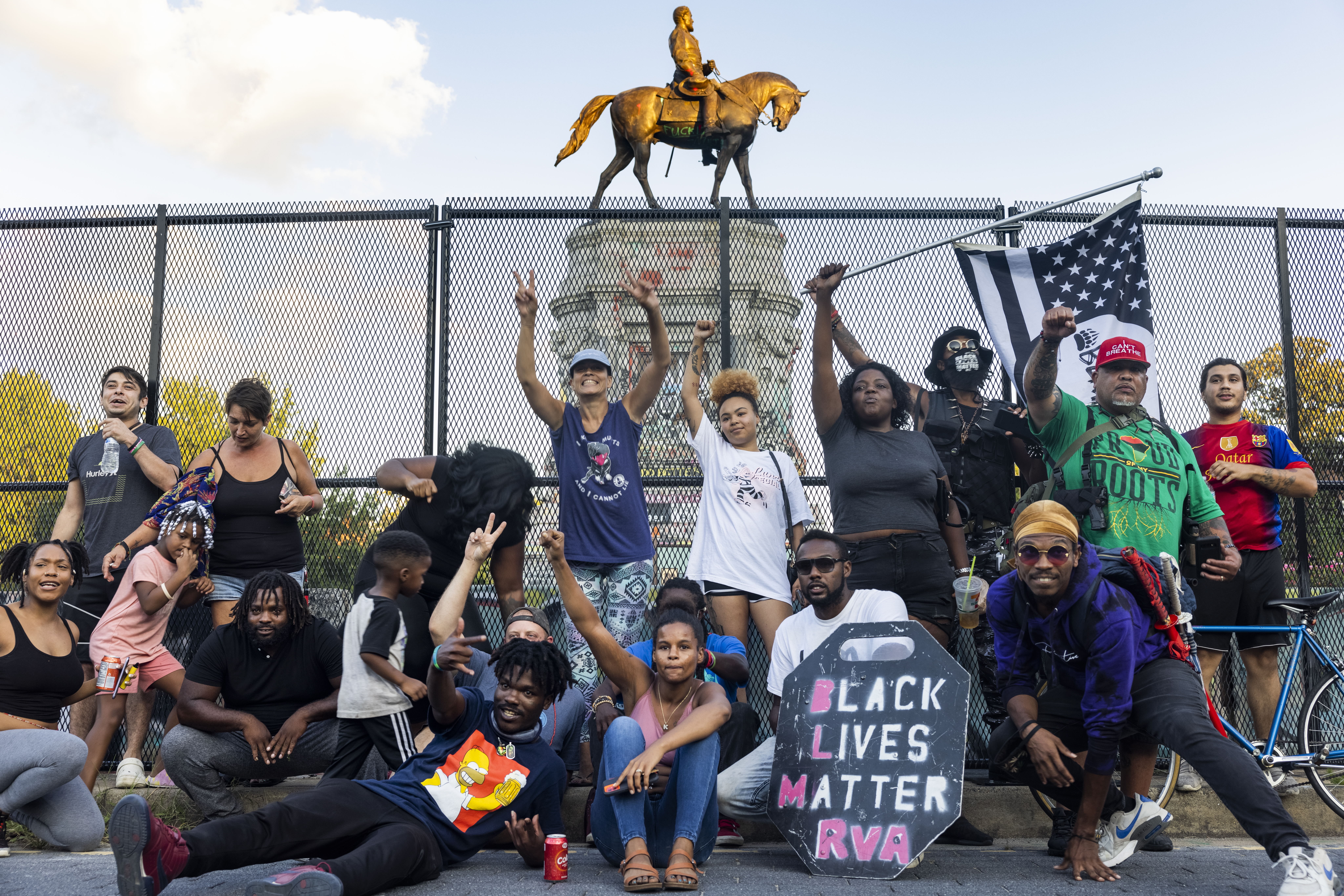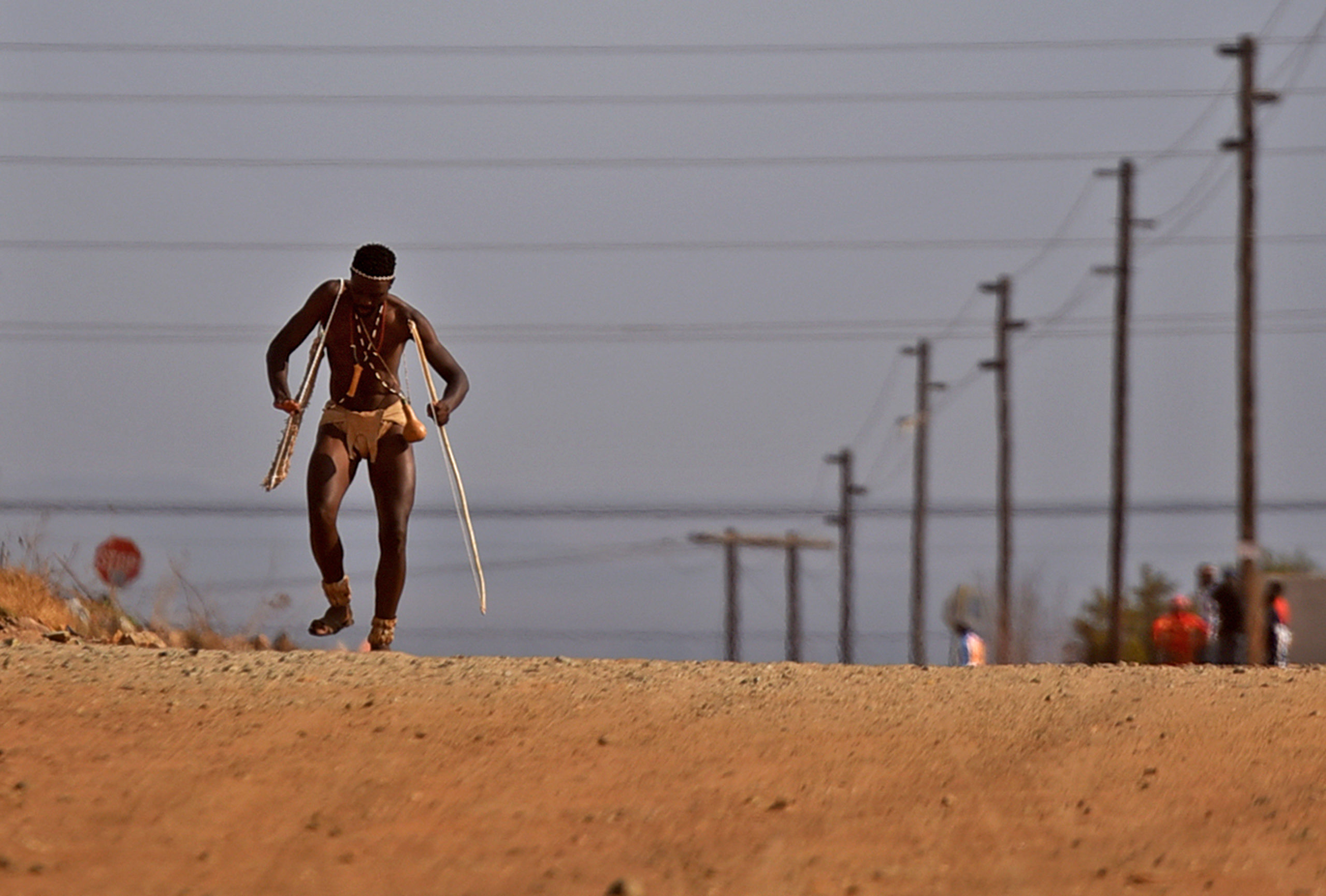No work, no benefits – Denmark’s sensible plans to make migrants work to earn welfare payments should be adopted across Europe

The Danish government this week announced that migrants will have to work for their welfare payments. Of course, this has caused uproar on the left, but these proposals are sensible and will, in the long run, be good for both the migrants and Danish society.
The new Danish government policy states that “if you come to Denmark, you have to work and support yourself and your family … if one cannot support oneself, one must have a duty to participate and contribute what is equivalent to a regular working week to receive the full welfare benefit.”
If the policy is ratified by the Danish parliament, some migrants will need to work a 37-hour week for their state benefits. Justifying the move, Prime Minister Mette Frederiksen said, “We want to introduce a new work logic where people have a duty to contribute and be useful, and if they can't find a regular job, they have to work for their allowance.”
Now I have to admit, I had to do a double take at this because it seems, for the first time in ages, a politician is speaking some good old common sense. I also can hardly believe Frederiksen is a Social Democrat and that her government classes itself as centre-left. I mean, can you imagine anything so sensible being proposed by the Democrats in the United States or by the Labour Party in the UK? No, I thought not.
Anyway, the Danish government argues that this new policy will have a number of benefits, and at the top of that list is integration. They claim that unemployment among migrants prevents them from integrating into Danish society.
This is undoubtedly true, because, when people go to work, they mix with people who are generally not from the same community and with those who speak the native language. Therefore, in many ways, work forces integration, which can only be a good thing.
Frederiksen also said the rules were directly aimed at women from “non-Western backgrounds” living on benefits. Indeed, in Denmark, six out of 10 women from North African, Middle Eastern and Turkish backgrounds are unemployed.
We have had a similar problem here in the UK for many years. Among Muslim women (both immigrant and native-born), as of 2015, only 28% were in work, and, as of 2016, 22% could not speak English with any proficiency. This is no good for community cohesion, as it prevents integration. I would also argue that it is no good for the women themselves.
The Danish scheme will also be good for society as a whole. At the press conference launching the scheme, the Minister of Employment, Peter Hummelgaard Thomsen, argued that the point was to get migrants used to turning up for work. The job itself, he said, did not really matter, as “it could be a job on the beach picking up cigarette butts or plastic... (or) helping to solve various tasks within a company.” He is right, of course, it’s not about the job, it’s about the lifestyle.
I used to see it in Brussels all the time. Young men – and it always seems to be young men – of either North African or Middle Eastern extraction hanging around during working hours looking like they had nothing to do. Now, I am not going to besmirch their characters, as I do not know their life stories, but surely it would be better for society if these men were working rather than standing idly around?
I also suspect that the Danish policy will reduce crime, and particularly petty crime. Indeed, if you look at crime statistics across Europe, you find that migrants are disproportionately arrested and charged. Take Denmark, as an example, where immigrants make up 10% of the population, yet commit 16% of crime. I would argue that, if they were put to work, then those statistics would fall, for, as the saying goes, “the devil makes work for idle hands to do.”
Then there’s the moral aspect. I have never liked the fact that people can take from a society without ever putting in first. It has always seemed unfair to me that those who have just arrived can get as much out of the welfare system as pensioners who have paid tax all their lives. This new Danish policy, I believe, will go some way to righting this wrong.
Denmark has taken a tough stance on immigration and asylum issues over the past few years, and the results are clear for all to see. In 2015, a massive 21,000 asylum seekers arrived in Denmark, yet, between January and July this year, it was a mere 851.
The Danish parliament has also voted to process refugees in Africa rather than on Danish soil, and the country has the ambition of having zero asylum applications in the near future. So, in the space of five years, Denmark has been transformed from a soft-touch country into a nation of tough love.
So, as you can guess, I heartily congratulate Denmark for this policy, and I wish other European countries and the UK would follow suit. But I won’t be holding my breath that it will happen anytime soon. The human rights lawyers and Labour politicians would be all over this in a flash.
You see, unlike Denmark, the UK doesn’t seem able to control its own borders, and once you are here, it is your human right not to work and to access a welfare system that you have never paid into. So, while the UK’s immigration policy clearly stinks, there is definitely nothing rotten in the state of Denmark.
https://www.rt.com/op-ed/534474-denmark-migrants-work-welfare-payments/






































